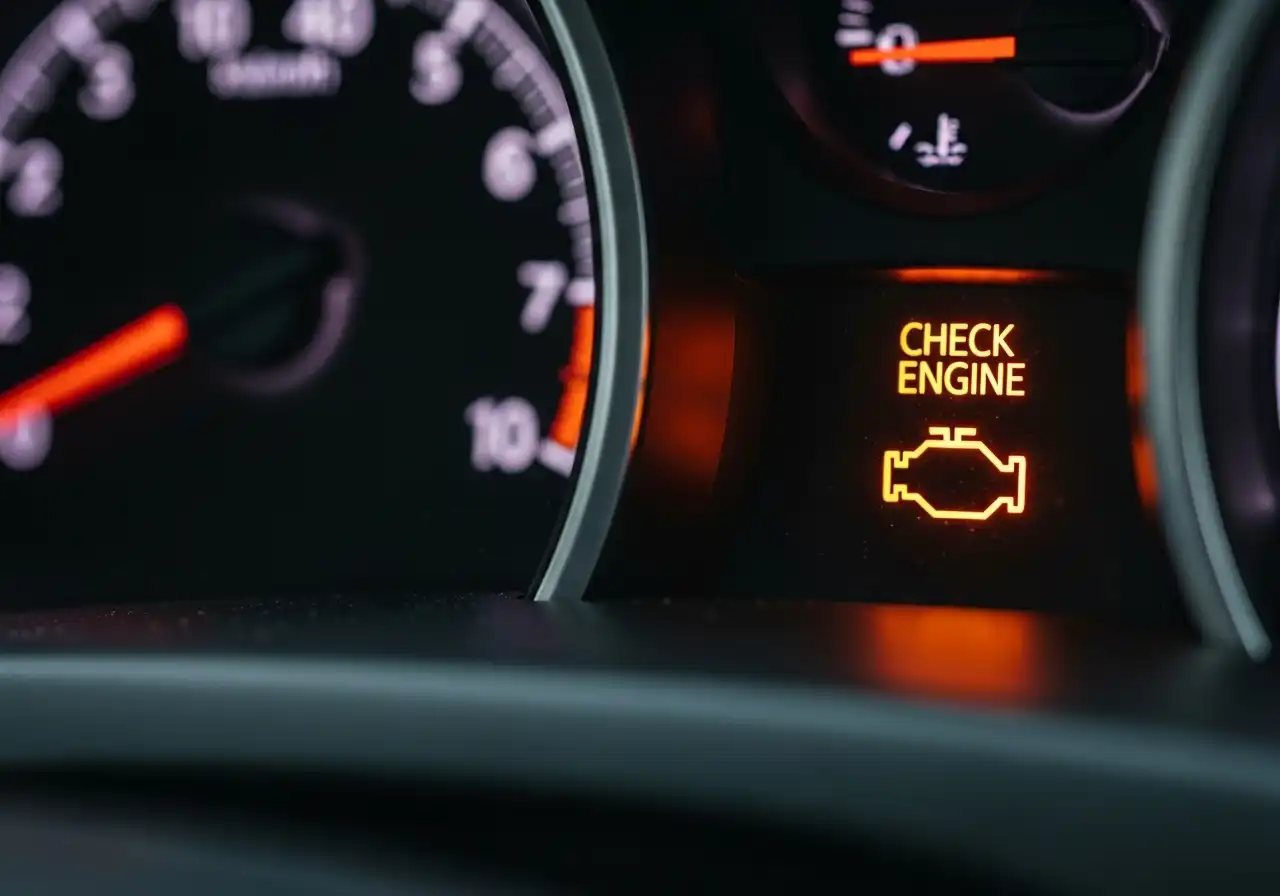Buying a car is an exciting experience, but it can quickly turn into a nightmare if you end up with a defective vehicle that constantly breaks down. Fortunately, if your car has major defects that cannot be repaired, you may have legal recourse under the Lemon Law.
But what exactly is Lemon Law? How can it protect you as a car buyer? And when should you consider hiring a lawyer for your Lemon Law claim? In this comprehensive guide, we’ll explain what the Lemon Law is, how it works, and what steps you can take if you find yourself with a lemon car.
What is Lemon Law?
The Lemon Law is a consumer protection law designed to help buyers who purchase defective vehicles. If a car has significant issues that affect its use, value, or safety, and those problems cannot be fixed within a reasonable number of attempts, the Lemon Law allows the buyer to request a refund or replacement of the vehicle.
While the law varies by state, most states have similar provisions in place to protect car buyers. The primary goal of the law is to ensure that consumers are not stuck with faulty vehicles that are unsafe or unfit for use.
What Makes a Car a “Lemon”?
For a car to be classified as a “lemon,” it must meet certain criteria. Though the specifics vary by state, the general requirements are:
-
Substantial Defects: The vehicle must have a serious defect or combination of defects that impair its use, value, or safety. These defects are often mechanical or electrical failures that affect the vehicle’s basic function.
-
Repair Attempts: The defect must have been attempted to be repaired multiple times, typically three or more times, without success. In some cases, if the car has been in the shop for an extended period (usually 30 days or more), it may also qualify as a lemon.
-
Timeframe: Most Lemon Laws require the defects to appear within a certain period or mileage after the purchase of the vehicle, often within the first year or 12,000 to 24,000 miles of ownership, though this can vary by state.
How the Lemon Law Works: The Process
If you believe you’ve bought a lemon, here’s a step-by-step guide to the process of filing a Lemon Law claim:
1. Document the Defects
Start by documenting all issues you experience with the vehicle. This includes:
-
Keeping a record of the dates when the car was in the shop for repairs.
-
Describing the defects or issues (e.g., engine failure, transmission problems, faulty brakes).
-
Retaining copies of repair invoices and records that show the attempts to fix the problems.
This documentation will be crucial if you need to prove your case.
2. Notify the Dealer or Manufacturer
The next step is to notify the dealer or manufacturer about the issues. Most states require that you give the dealer or manufacturer one last chance to repair the defect before pursuing a Lemon Law claim. This notification should be in writing, and it’s always best to send it via certified mail so you have a record.
3. Allow for Repairs
Once the dealer is notified, they typically have one final opportunity to repair the vehicle. Depending on the state, this is usually within a set number of repair attempts or time (often three attempts or 30 days). If the issue is still unresolved after this time, you may be entitled to a refund or replacement.
4. Request a Refund or Replacement
If the dealer or manufacturer cannot resolve the issues, you may be entitled to a refund or replacement of your vehicle. You should request the resolution that best suits your situation.
-
Refund: A refund usually includes the full purchase price of the vehicle, including taxes, registration fees, and other costs, minus a usage fee based on the car’s mileage.
-
Replacement: If you prefer a replacement vehicle, the dealer or manufacturer is required to provide you with a comparable vehicle of equal value.
5. Seek Legal Help (If Necessary)
If the dealer or manufacturer refuses to offer a refund or replacement, or if the situation becomes complicated, it may be time to consult a Lemon Law attorney. A lawyer can help you understand your legal rights and assist you in filing a claim, whether through arbitration, mediation, or litigation.
When Should You Contact a Lemon Law Attorney?
While many Lemon Law cases are resolved through the manufacturer or dealer without the need for a lawyer, there are situations where hiring an attorney can be beneficial:
-
Denial of Your Claim: If your request for a refund or replacement has been denied, a Lemon Law attorney can help you navigate the next steps and fight for your rights in court.
-
Complicated Cases: If the car’s issues are difficult to prove or if the manufacturer is being uncooperative, an attorney can provide expertise in handling complex legal matters.
-
No Resolution: If negotiations with the dealership or manufacturer have failed and your case hasn’t been resolved, an attorney can represent you and potentially take your case to arbitration or court.
Why You Shouldn’t Wait to File a Lemon Law Claim
It’s important to understand that Lemon Law claims have strict timelines. Most states have a statute of limitations that limits how long you can wait to file a claim. Waiting too long could result in losing your right to compensation.
-
Statute of Limitations: This time limit typically ranges from one to four years depending on your state. Make sure to file your claim before the deadline expires.
-
Avoiding Further Issues: If you continue driving a lemon car that has unresolved defects, it could lead to more safety concerns, financial losses, or even an accident. It’s in your best interest to address the problem sooner rather than later.
Conclusion:
The Lemon Law is designed to protect consumers who unknowingly purchase defective vehicles. If you suspect that your car is a lemon, it’s essential to act quickly, document the issues, and notify the manufacturer or dealer of the defects. If they fail to resolve the issue, you have the right to seek a refund or replacement.
Consulting an experienced Lemon Law attorney can ensure that your rights are protected and help you navigate the legal process smoothly. If you’ve bought a lemon, don’t wait—reach out to a lawyer to discuss your options and pursue the compensation you deserve.



